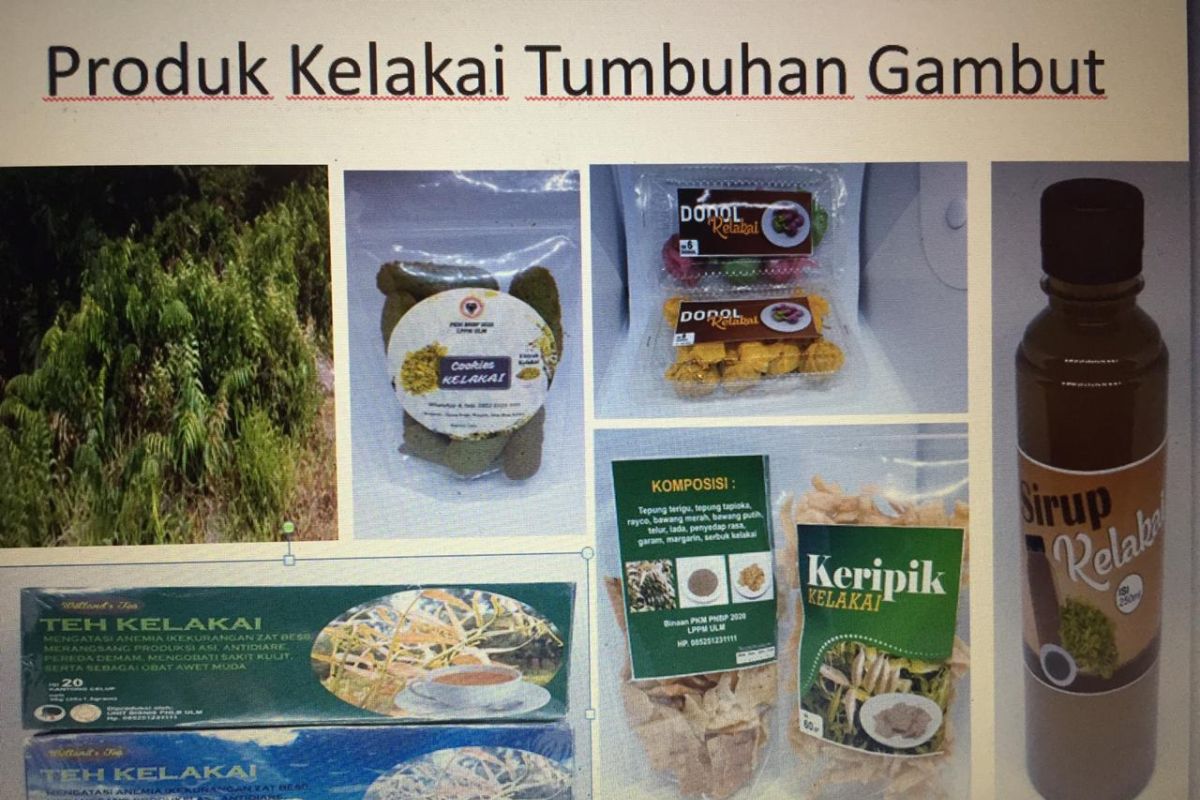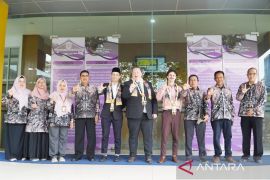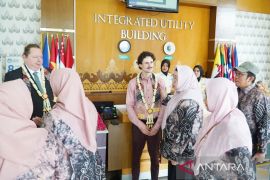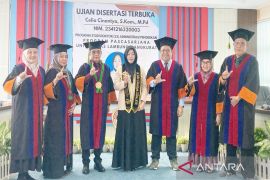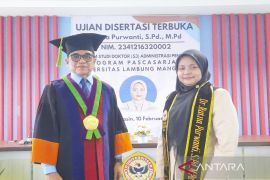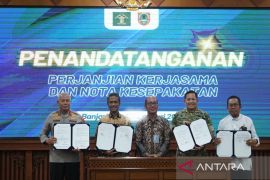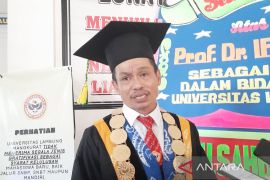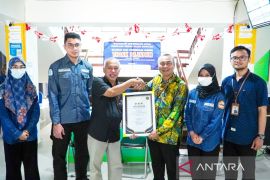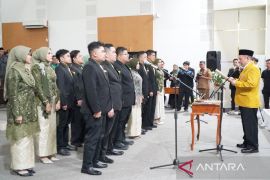Banjarbaru, S Kalimantan (ANTARA) - The University of Lambung Mangkurat (ULM) researchers created various innovative food products from kelakai plants which are abundant in peat swamp forest.
"We have conducted research and development of kelakai-based functional food products, namely tea, syrup, biscuits, dodol (toffee/taffy), and chips," said the head of the team Prof. Dr. Ir. Yudi Firmanul Arifin in Banjarbaru, Saturday.
He revealed that research and laboratory tests have shown that it can increase hemoglobin. Not only the high mineral content (especially iron of Fe), the leaves and stems are also rich with vitamins A and C and another phytochemical compound that make rich in benefits.
Kelakai is not only for preventing anemia, but also for other diseases, such as boosting the body's immunity, reducing fever, and delaying aging.
From generation to generation, the Dayak people in Central Kalimantan have used the kelakai plant to stimulate the production of ASI (breast milk) for new mothers.
Read also: ANTARA is a strategic partner of ULM: Prof Sutarto
Read also: ULM arouses villagers interest for a lecture
Even so, Yudi acknowledged that the use of kelakai so far is still limited as a vegetable. In fact, it is sometimes considered a weed, because it is abundant and not utilized. In dry season, this plant is often considered dangerous because it burns easily.
There has been no innovation in the development of kelakai-based products by the people due to limitations in knowledge, skills, and mastery of technology for processing kelakai into various products, especially functional foods.
For this reason, Yudi and his team, Siti Hamidah and Eko Suhartono have found the right method of processing kelakai leaves, so that it can produce kelakai tea with delicious taste (no longer fishy), but still high in properties and benefits.
They also developed the kelakai potential as a source of other functional foods.
"The results of this research should be disseminated to the wider community, including farmer groups in Sungai Pantai Village, Barito Kuala District, South Kalimantan, one of the villages with the most abundant of kelakai," said Yudi, who is also Deputy Rector IV for Planning, Cooperation, and Public Relation of ULM.
Through community service, the ULM researchers team empowered the Sungai Pantai community for developing research and innovation of kelakai plants.


